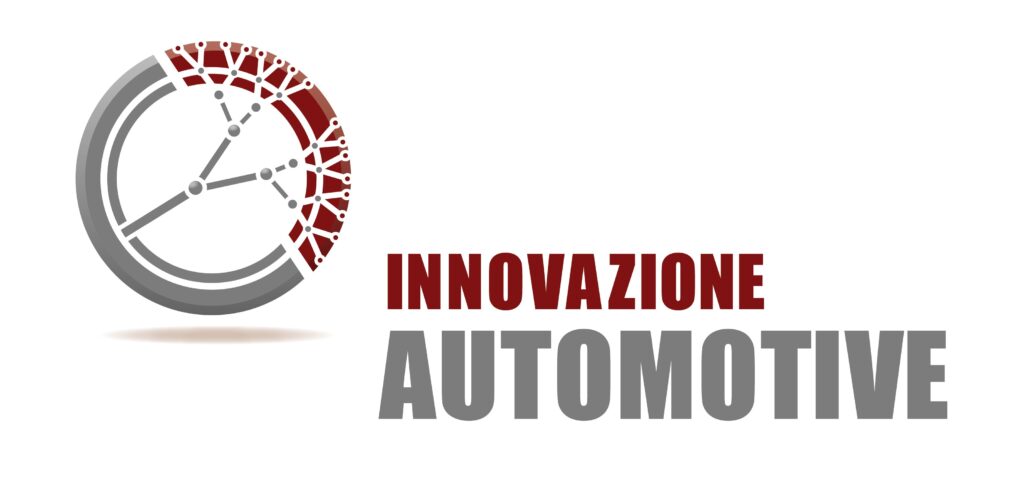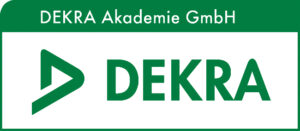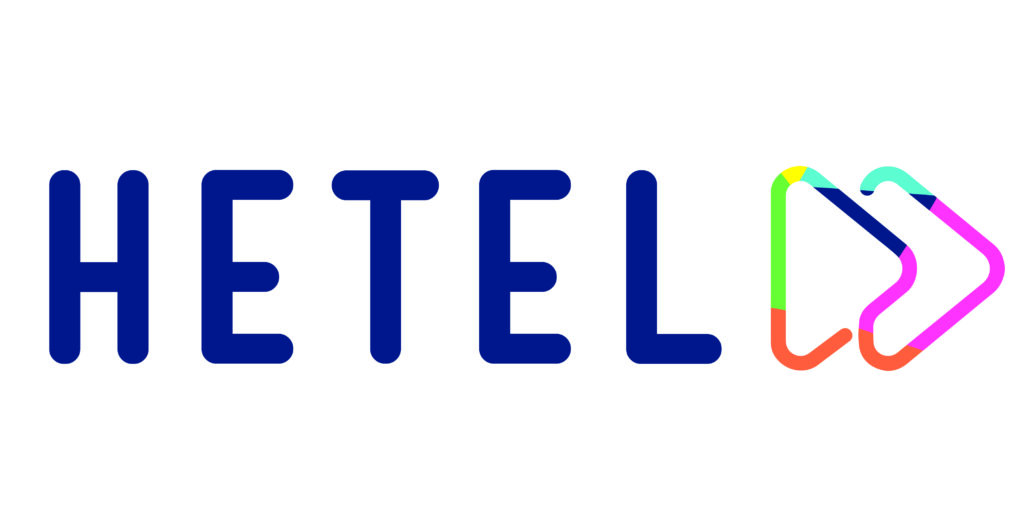
A.U.T.O. 4.0 Project
(Understanding and Achieving Automotive Training Outcomes 4.0) 2017-1-IT01-KA202-006187
Detailled summary
Project start date October 1st 2017
Project End DateSeptember 30th 2019 – postponed to January, 31st, 2020
Strategic partnership
Applicant Organisation: Innovazione Automotive e Metalmeccanica Soc. Cons. a r.l. IT
Partners:
- IAM – Innovazione Automotive
- ilmiofuturo IT
- DEKRA Akademie D
- Steinbeis GmbH & Co. KG für Technologietransfer D
- AIC SP
- HETEL SP
- Northern Automotive Alliance UK
The connection with the European strategic priorities
AUTO 4.0 project aims to develop an innovation by providing to automotive specialized workers, open education resources (OERs) useful and suitable for maintaining and increasing their employability in the perspective of industry 4.0 transformation. It does that with a deep dive in the future of automotive industry technologies in order to capture signals that will allow to the partnership to anticipate, with a good degree of detail, what will be the “Automotive 4.0 Key Competencies” that will be needed for companies and workers. This information is the ground for build tools and training contents that aim the re-training of skilled workers. This target, in the 4.0 perspective revolution, although qualified, is at risk of expulsion. This will be achieved through the development of OERs which can also be accessed through personal devices.
These features make the project aligned with European VET priorities. In particular:
- The project will provide workers with a modular, continuous training program aimed to upgrading worker skills and responding quickly to emerging skills needs;
- The selection of the retraining path will be anticipated by a career guidance phase during which guidance services and advisory services will be provided to redesign the career path of professional development.
In these features the project is perfectly aligned with deliverable No. 3 of the Riga Conclusions.
The following features:
- Automotive 4.0 key skills training courses will be designed from learning outcomes in order to increase transparency and recognition of learning in accordance with the principles of open and flexible learning;
- The production and provision of OERs will promote new ways of learning in the workforce characterized by personalization, involvement, use of digital media such as personal devices, collaboration, ICT-based assessment;
- the provision of clear quality standards based on EQAVET principles and assessment and validation mechanisms of skills and competences acquired with these ICT tools;
- Make the project aligned with the principles of open and flexible learning outlined by COM 669-2012 Rethinking and reaffirmed by COM (2016) 381 A new agenda for skills for Europe.
OERs Automotive 4.0 will be mainly available on web; it will contribute to increasing the participation of employees in CVET activities as required in the SWD (2012) 375 final accompanying the COM 669-2012.
Furthermore, the strategic content of the content as regards the retention and increase of the employability of workers will make these OER more attractive by providing workers with a value qualification, as required and indicated by the Bruges Communiqué from COM 669-2012 and reiterated in the Cedefop Stronger VET for Better lives of 2015.
The developed skills will be recognized, certified and validated using the ECVET framework by aligning the project with the guidelines of the Bruges Commission and reiterated by the Riga Conclusions.
Furthermore, the project will work on many of the indicators contained in the RECOMMENDATION of 18 June 2009 on European Quality Assurance Guarantee Framework (EQAVET). In particular, it will work on:
– Indicator 6, resulting in the use of acquired skills in the workplace, thus increasing the employability of automotive workers in the Industry 4.0 perspective;
– the indicat. 9 Incorporating mechanisms for identifying training needs in the labor market 4.0, improving CVET compliance with demand evolution;
– the indicat. 10 promoting systems to improve access to CVET.
In addition, the key competences (IO1) emerging will be translated into learning outcomes. They will be descriptors that will better address the issue of quality and the appropriate level of competences of the learning outcomes acquired by learners of CVET. This highlighted by COM 2014-30 on the Report on the Implementation of the VET Quality Assurance Recommendation.
Finally, the project is perfectly aligned with the following guidelines under the new COM 2016-381:
– Build resilience through the development of key skills and higher and complex skills (relevant to the needs of Industry 4.0);
– Connect, focusing on the skills needed by full and complete digitization of industry and services;
– Strengthen Enterprise-VET provider partnerships.
The project rationale
Digital transformation is structurally changing the market and the nature of work. In the industry the work (from the workers to the engineers and administratives), will increasingly consist in the design, maintenance and supervision of smart-machines capable of assisting people in carrying out their tasks. This will require different competences than those used and predictable today (COM 180/2016, Digitization of European Industry ..).
Future work will require a broad and cross-disciplinary combination of competences. Basic, transversal and technical aspects that VET systems are not fully able to provide (COM 381/2016, A New Agenda for Competences ..).
Automotive sector plays a key role in Europe. Workers must be prepared for the needs of greater competitiveness (COM 636-2012, Cars 2020 ..). Various studies showed that, from the perspective of Industry 4.0, there are significant gaps in skill levels and qualifications of workers (R. Crapelli of Roland Berger Italy, Labor Commission Hearing of the Italian Chamber of 16.02.2016 – Boston Consulting Group, Man and Machine. ., 2015 – Spöttl G., Skilled Workers: Are They the Losers of “Industry 4.0”? – European Parliament, Industry 4.0, 2015,). The automotive industry is heavily impacted by the changes expected by Industry 4.0 (RolandBerger, Industry 4.0 .., 2014). The criticality is that it is NOT clear what the required skills will be in 3/5 years, what will be the jobprofiles needed for companies. Failure to provide such skills can slow down or prevent underlying transformation in Industry 4.0 with consequent negative impacts (declining automotive industry competitiveness, giant unemployment increase).
Although some attempts to anticipate skills needs have been completed (ESB Business School Reutlingen, Implications for Learn. Fact., 2015- Boston Consulting Group, op. Cit., 2015-European Sector Skills Council, Automotive Ind., 2016) the problem that the project addresses is: the information produced remains at a general level of “skill needs” and does not allow to define specific training contents.
On the one hand, skilled workers (skilled workers) are at risk of being left out of the labor market (Frey CB-Osborne MA, The Future of Employment, 2013), on the other hand, companies needs huge number of workers with the “right skills” to make Industry 4.0. The aforementioned experts, the cluster organizations of automotive companies and the unions involved consider the re-training of the workforce as priority number 1. After then the introduction of new human capital (World Economic Forum, The Future of Jobs, 2016-Accenture, Machine Dreams, 2015- European Parliament, Industry 4.0, 2015) may be the second priority.
On the side of workers, too, they are somewhat disoriented, they don’t perceive adequately the risks of leaving the labor market that Industru 4.0 determines. There is a need for awareness-raising, support for re-training decisions (guidance) and more general management of working career. (Frey C.B. Osborne, M.A., Technology At Work, 2015). In response to these needs, two simultaneous needs emerge:
– to know in detail the key cross-cutting skills and new works that will make it possible for companies to realize industry 4.0 (requirements);
– to understand what are the training specifications for a re-training of the workforce to be carried out with sufficient anticipation over the needs.
Emerging needs concern all automotive sector, even qualified, workforce. The overall objective of the project is to develop OERs that will allow the development of worker’s capacities 4.0 and the competitiveness of European automotive ecosystem companies.
Partners will strive to achieve the following specific objectives:
– Developing and testing a method that will clarify and describe in detail the “key skills” and job profile 4.0 that will be used by the automotive cluster companies involved;
– defined conscious choices of re-training and career by the workers involved;
– create OER capable of promoting the development of key skills by employees, strategic compared to Industry 4.0 transformation of the involved value chains.
The target group to which the project is directed consists of skilled workers who are vulnerable but can be updated to Industry 4.0.
The project requires transnationality as:
– there is strong European integration in the automotive supply chains; problems must be addressed among different European partners;
– none of European Countries is fully aware of the details of the “form” that will take Industry 4.0 and consequently of the “form” of the required competencies; European-wide cooperation increases the capacity of the project to expand awareness of the skills needs and skills and automotive work profiles.
The Resources are available on the platform https://auto4.aicacademy.eu/







